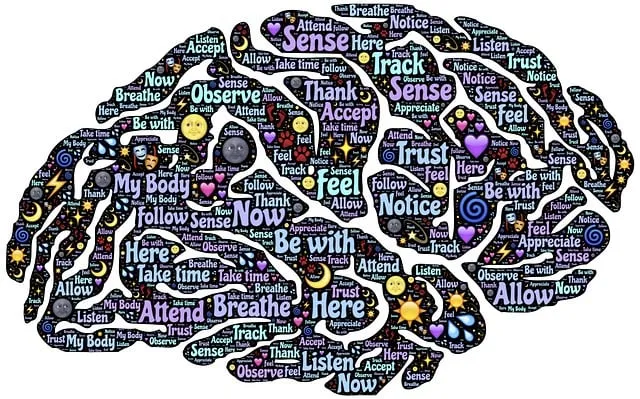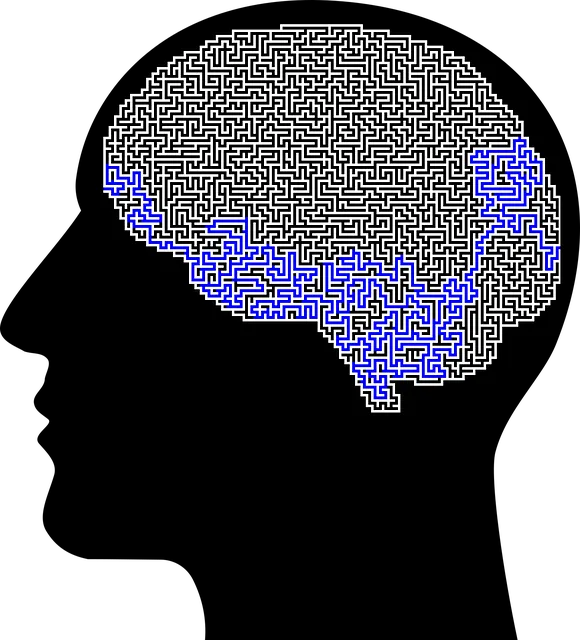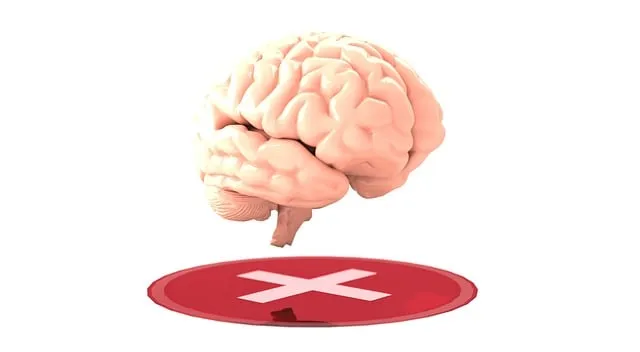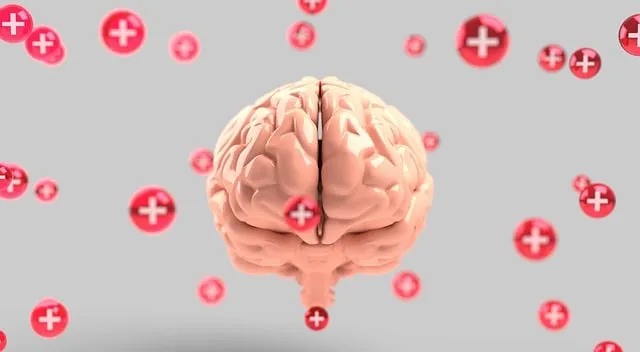Lone Tree Kaiser Permanente mental health services number focuses on building resilience through RFM practices, empowering individuals with coping mechanisms for emotional intelligence and self-care. Their Community Outreach Program integrates mental health services into community settings, reducing stigma and encouraging well-being. The facility prioritizes cultural sensitivity, combining exercise with talk therapy, and uses data-driven metrics like RFM to tailor interventions, revolutionizing mental healthcare with a holistic approach that enhances therapeutic outcomes.
In today’s fast-paced world, mental resilience is key to navigating life’s challenges. One effective framework gaining traction in mental health care is RFM (Resources, Support, and Motivation), which focuses on building individuals’ capacity to cope. This article explores how Lone Tree Kaiser Permanente has pioneered the integration of RFM into its services, enhancing patient outcomes. We delve into their innovative approach, including exercise-based therapy programs and community-building initiatives, while also examining best practices for tracking success in mental healthcare using RFM metrics.
- Understanding RFM for Mental Health Resilience
- Kaiser Permanente's Approach to Patient Support
- Integrating Exercise into Therapy Programs
- Building Community through Shared Activities
- Measuring Success: Tracking RFM in Mental Healthcare Services
Understanding RFM for Mental Health Resilience

At Lone Tree Kaiser Permanente mental health services number, we recognize that building resilience is a cornerstone of maintaining good mental health. Resilience, often described as the capacity to adapt and bounce back from adversity, is enhanced through various exercises and strategies. Understanding RFM (Resilience, Flexibility, and Mindfulness) forms the basis for cultivating these essential skills.
RFM involves developing coping mechanisms that allow individuals to navigate life’s challenges with greater ease. This includes fostering emotional intelligence and empathy-building strategies, which are vital tools in managing stress and improving overall well-being. By incorporating practices like Self-Care Routine Development for Better Mental Health, we empower individuals to proactively nurture their mental health. These strategies promote self-awareness, enhance Emotional Intelligence, and contribute to a more robust sense of resilience, ensuring individuals can better cope with life’s ups and downs.
Kaiser Permanente's Approach to Patient Support

Kaiser Permanente, a healthcare organization known for its comprehensive services, has implemented innovative approaches to support patient mental health, particularly in its Lone Tree facility. Their strategy involves a multi-faceted Community Outreach Program that goes beyond traditional care models. By integrating mental health services into community settings, they foster an environment of accessibility and reduce the stigma often associated with seeking help. This inclusive initiative encourages individuals to prioritize their well-being through various programs tailored to diverse needs.
The organization’s commitment extends to Mental Health Policy Analysis and Advocacy, ensuring that their practices align with current research and community feedback. They actively engage in empathy-building strategies, promoting understanding and connection between patients and healthcare providers. This approach not only enhances therapeutic outcomes but also empowers individuals to take charge of their mental health, reflecting Kaiser Permanente’s holistic vision for patient care.
Integrating Exercise into Therapy Programs

Integrating exercise into therapy programs is a growing trend within mental health services at Lone Tree Kaiser Permanente. This approach leverages the power of physical activity to enhance traditional talk therapy, creating a holistic treatment plan that addresses both the mind and body. Exercise has been shown to reduce symptoms of anxiety and depression, improve cognitive function, and boost overall resilience—all essential components in fostering effective recovery.
At Lone Tree Kaiser Permanente, cultural sensitivity in mental healthcare practice is paramount. Therapists are encouraged to tailor exercise routines and trauma support services to meet the unique needs and backgrounds of their clients. This personalized approach, combined with risk management planning for mental health professionals, ensures that exercises are safe, inclusive, and beneficial for all individuals seeking treatment. By incorporating these practices, Lone Tree Kaiser Permanente aims to revolutionize mental health care, making it accessible, effective, and supportive for every patient.
Building Community through Shared Activities

Building a strong community is an essential aspect of resilience-focused initiatives, and Lone Tree Kaiser Permanente’s mental health services number has recognized this by incorporating shared activities into their programs. By fostering a sense of belonging, these exercises create a supportive environment where individuals can connect and grow together. Through group sessions, participants engage in various tasks that encourage emotional intelligence and emotional regulation, skills crucial for navigating life’s challenges.
The activities often involve collaborative problem-solving, creative expression, and open discussions, allowing members to share their experiences and learn from one another. This sense of camaraderie can significantly enhance mental well-being and provide a safety net during tough times. The approach aligns with the Mind Over Matter principles, emphasizing the power of community in strengthening resilience.
Measuring Success: Tracking RFM in Mental Healthcare Services

In the realm of mental healthcare services, measuring success goes beyond mere patient satisfaction. Organizations like Lone Tree Kaiser Permanente are pioneering innovative approaches to assess and enhance resilience using tools such as RFM (Recency, Frequency, Monetary value). By tracking these metrics, they gain invaluable insights into patient engagement and treatment effectiveness. For instance, analyzing RFM can reveal patterns among patients who exhibit improved emotional regulation and successfully apply mind over matter principles.
This data-driven approach allows for the fine-tuning of services, ensuring that the Community Outreach Program Implementation remains relevant and impactful. By understanding which interventions resonate most with patients, healthcare providers can tailor their strategies, fostering a more resilient and supportive environment. This measured success not only improves patient outcomes but also strengthens the overall mental health ecosystem within Lone Tree Kaiser Permanente.
Implementing RFM (Resilience, Fitness, and Mindfulness) exercises in mental healthcare can significantly enhance patient support, as demonstrated by Lone Tree Kaiser Permanente’s successful programs. By integrating these practices into therapy routines, communities foster resilience and improve overall well-being. Measuring the impact through tracking RFM indicators enables mental health services to optimize their approach, ensuring patients receive comprehensive care tailored to their needs. This strategic implementation not only supports individual recovery but also strengthens community bonds.






